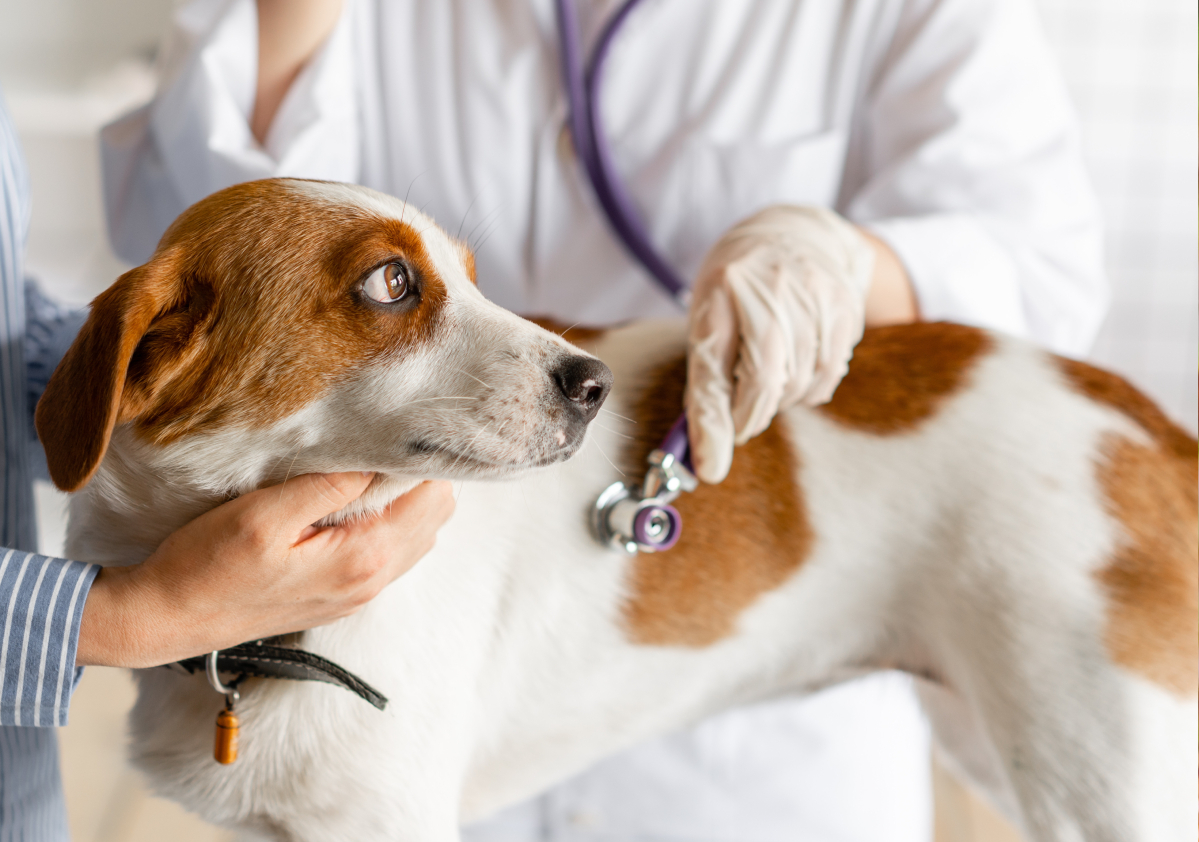
We have received numerous phone calls from concerned clients regarding media reports of an outbreak of canine respiratory disease. Beginning this summer, veterinarians in Oregon began to see an increased number of dogs with signs of a highly contagious respiratory disease, which included cough, fever, lethargy, and watery eyes and nose. Cases have now been reported in several other states, including Pennsylvania. Respiratory disease in dogs is commonly referred to as “kennel cough” or canine infectious respiratory disease (CIRD). The majority of dogs affected during this new outbreak have recovered uneventfully, though their cough could last as long as 6-8 weeks. In some dogs, the disease progressed to pneumonia, and an apparently small percentage of dogs have died. The causative agent of the disease has yet to be determined; however, a viral or bacterial agent is most likely to blame.
It is important to keep in perspective that CIRD is not uncommon in dogs, and cases of the disease have a natural ebb and flow. This is not unlike what is seen with the flu or the common cold in human populations. The reality is, though there has been much media attention, not enough information has yet been collected about this particular episode of respiratory disease. Researchers have yet to conclusively determine if this disease is truly exceptionally severe or has been caused by a brand new virus or bacteria. Until this data becomes available, it is best to remain vigilant but not panic.
Common sense recommendations for protecting your dog from respiratory disease remain in place.
- Keep Bordetella and influenza vaccines up to date.
- Avoid contact with unvaccinated dogs or dogs you do not know, if at all possible.
- Do not allow your dog to come in contact with another dog that appears sick or has a cough.
- If your dog is showing signs of respiratory disease, keep him isolated from other dogs.
- If your dog is showing signs of respiratory disease, contact us to help determine if an office visit is recommended or if home monitoring is appropriate.
- If recommended by your veterinarian, please allow for sample submission for virus and bacterial testing to help us determine the cause of your dog’s clinical signs.
For more information:
AVMA canine respiratory disease
Cornell University canine respiratory disease
Canine influenza | American Veterinary Medical Association (avma.org)
